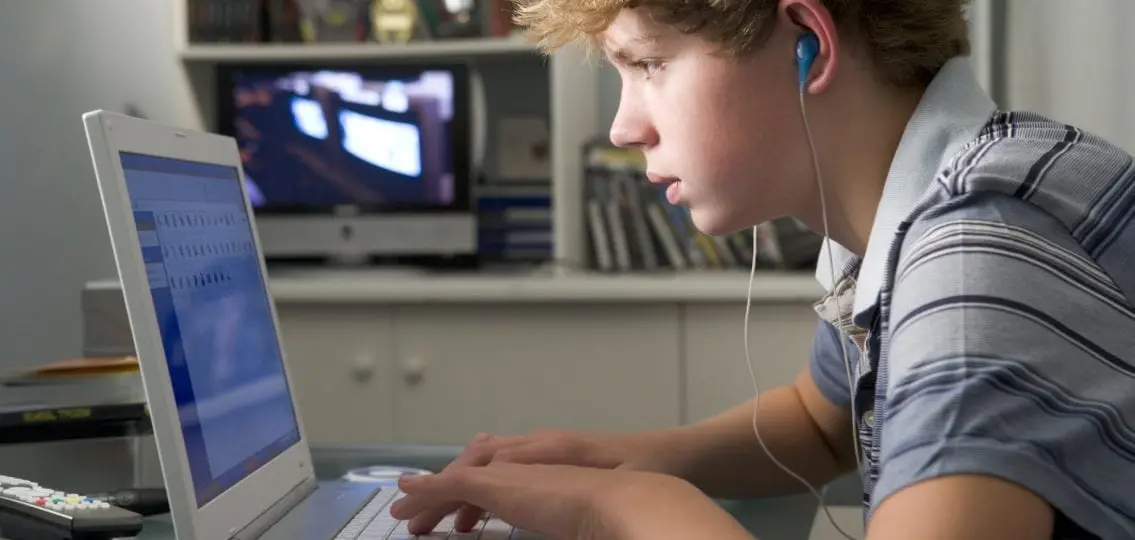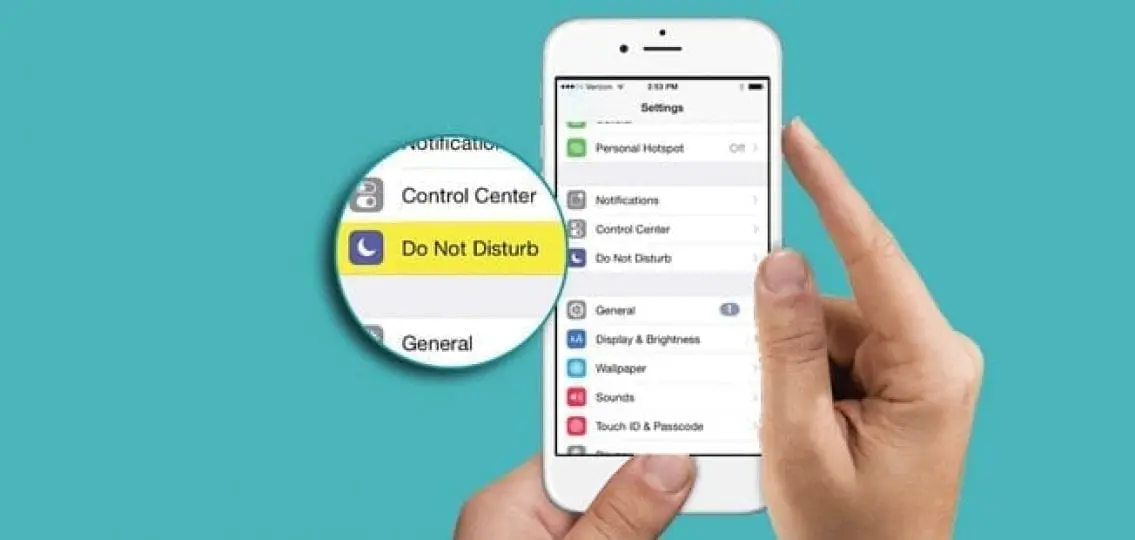When my son was a junior, his high school implemented a “bring your own technology” policy. This required each student to have his own laptop or tablet for class. The school explained to parents that much of the teacher-student communication would be done by email, and that homework would be assigned and supplemented on message boards such as Haiku. To me, it seemed like a great way to introduce more cheating and one more thing for teachers to police. But we didn’t question the school’s decision.

Two years later, his college has just sent specifications for the computer we are required to purchase for him. Now, I’m no Luddite – I use my laptop every day for work. But I worry about the mandatory presence of laptops in class. Instead of improving education, are laptops in class making our students dumber?
Laptops in Class
Laptops and tablets are a huge source of distraction. They have loud, clacking keyboards and bright, colored screens. They make it easy for students to check Facebook or live-stream a soccer game instead of being forced to pay attention to a boring Econ lecture. A March 2013 study found that students trying to multitask by listening to a lecture and following a classroom presentation while also typing their notes on their computers scored lower on a post-class test than those students who were not trying to multitask.
It’s no mystery why: students who are multitasking during class are either focused on transcribing every word or on the multiple screens they are checking, instead of processing and thinking about what’s being discussed. Not only that, but students who were seated around and in direct view of a multitasking peer using a laptop also scored lower compared to those who were not. So laptops in class pose a significant distraction to both users and to nearby students. And it can interfere with comprehension of lecture content.
Teachers don’t like them for the same reason. College professors have complained for years that students using laptops in class to take notes are more focused on trying to catch every word of a lecture instead of thinking and reacting, making classroom discussions difficult and even interfering with eye contact. And depending on the class, the professor may be doing more than just lecturing from a Power Point. They ask questions, pose hypotheticals, try to engage their students in a back-and-forth conversation.
It’s hard to engage a student behind his Macbook who is absorbed in his screen and doesn’t even hear questions. Professors complain that laptops slow class discussion, reduce the amount of material they are able to cover, and diminish the learning experience of those students who are actually participating in the class discussion instead of playing QuizUp. A growing number of professors are banning laptops, cellphones and other electronic devices completely from the classroom.
Disadvantages Of Computers In The Classroom
Not only are laptops distracting, but they may actually interfere with learning and memory. Multiple studies have indicated that students who take handwritten notes generally outperform students who type their notes on a computer. In a recent study, researchers concluded that students who took notes in longhand appear to learn better, retain information longer, and more readily grasp new ideas.
Researchers found that students who type their notes had a tendency to try to take verbatim notes and write as much as possible, while students who took notes by hand were forced to be more selective in what they wrote because they couldn’t write as quickly. When testing how well the students remembered information, both groups of students could remember facts, like dates, equally well. But for “conceptual-application” questions that required students actually to apply what they had learned, the laptop users did significantly worse. Even when researchers specifically told students using laptops to try to avoid writing things down verbatim, they were unable to overcome that instinct. The more words the students copied verbatim, the worse they performed on recall tests.
Why Are We Providing Distractions?
Moreover, after just 24 hours, the computer note takers typically forgot the material they had written. Even looking at their copious notes didn’t help refresh their memory. In contrast, those who took notes by hand could remember the lecture material longer. They had a better grip on concepts presented in class, even a week later. Researchers concluded that the process of taking notes down by hand encoded the information more deeply in memory. Also, handwritten notes were more effective for review.
So let me get this straight: we are spending hundreds of thousands of dollars to send our kids to college, where they are required to purchase something which, if used in class, will make them learn and remember less. Laptops must be making ALL of us dumber if we think this is a great idea. I already have enough trouble managing my son’s technology usage. Requiring to have a laptop with him in class is like requiring a crack addict to have a stash of crack with him at all times. I do not need clinical research to tell me this isn’t a good idea.

We’ll get our son a laptop for college. But we’re going to throw in some notebooks, Bic pens, and a long talk about taking notes by hand, too. More technology is not always better.




